Hans Mezger, born on 18 November 1929 in Ottmarsheim near Stuttgart, Germany, was a towering figure in the world of automotive engineering. Over a career spanning nearly four decades, Mezger’s work at Porsche not only defined the brand’s success in motorsport and road cars but also set benchmarks that influenced the global automotive industry. His genius lives on in the engines he designed, the philosophies he championed, and the legacy he left behind.
Background
Hans Mezger grew up during a tumultuous period in Germany, with his formative years marked by World War II. Despite the challenges of the era, Mezger exhibited an early passion for engineering and mechanics. He pursued his studies in mechanical engineering at the Technical University of Stuttgart, graduating in 1956. Shortly thereafter, he joined Porsche, beginning a journey that would redefine automotive engineering.
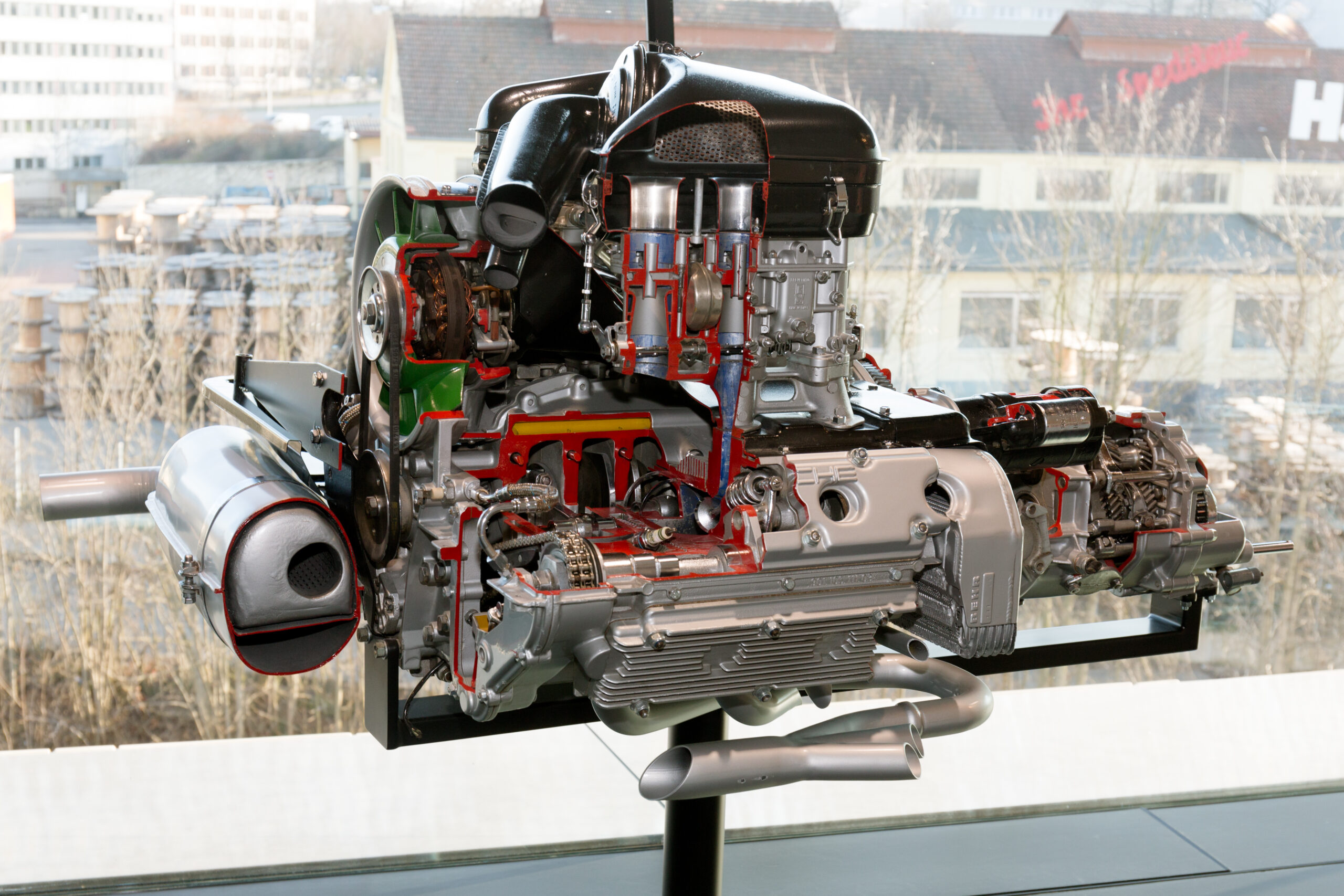
Birth of the 911 Engine
One of Mezger’s earliest and most impactful achievements at Porsche was his role in the development of the air-cooled flat-six engine for the Porsche 901, later renamed the 911. This engine became the heart of Porsche’s identity, renowned for its unique configuration and exceptional performance. Mezger’s innovative approach allowed for scalability, enabling the engine to evolve from its initial 2.0-litre capacity to larger displacements in subsequent models. This flexibility ensured that the 911 remained competitive and relevant for decades.
Porsche 917
As head of Porsche’s race car design department, Mezger was instrumental in the creation of the Porsche 917. Launched in 1969, the 917 featured a 4.5-litre flat-12 engine and became an icon of endurance racing. Under Mezger’s guidance, the 917 secured Porsche’s first overall victories at the 24 Hours of Le Mans in 1970 and 1971. Its dominance cemented Porsche’s reputation as a leader in motorsport engineering and solidified Mezger’s legacy as a visionary engineer.
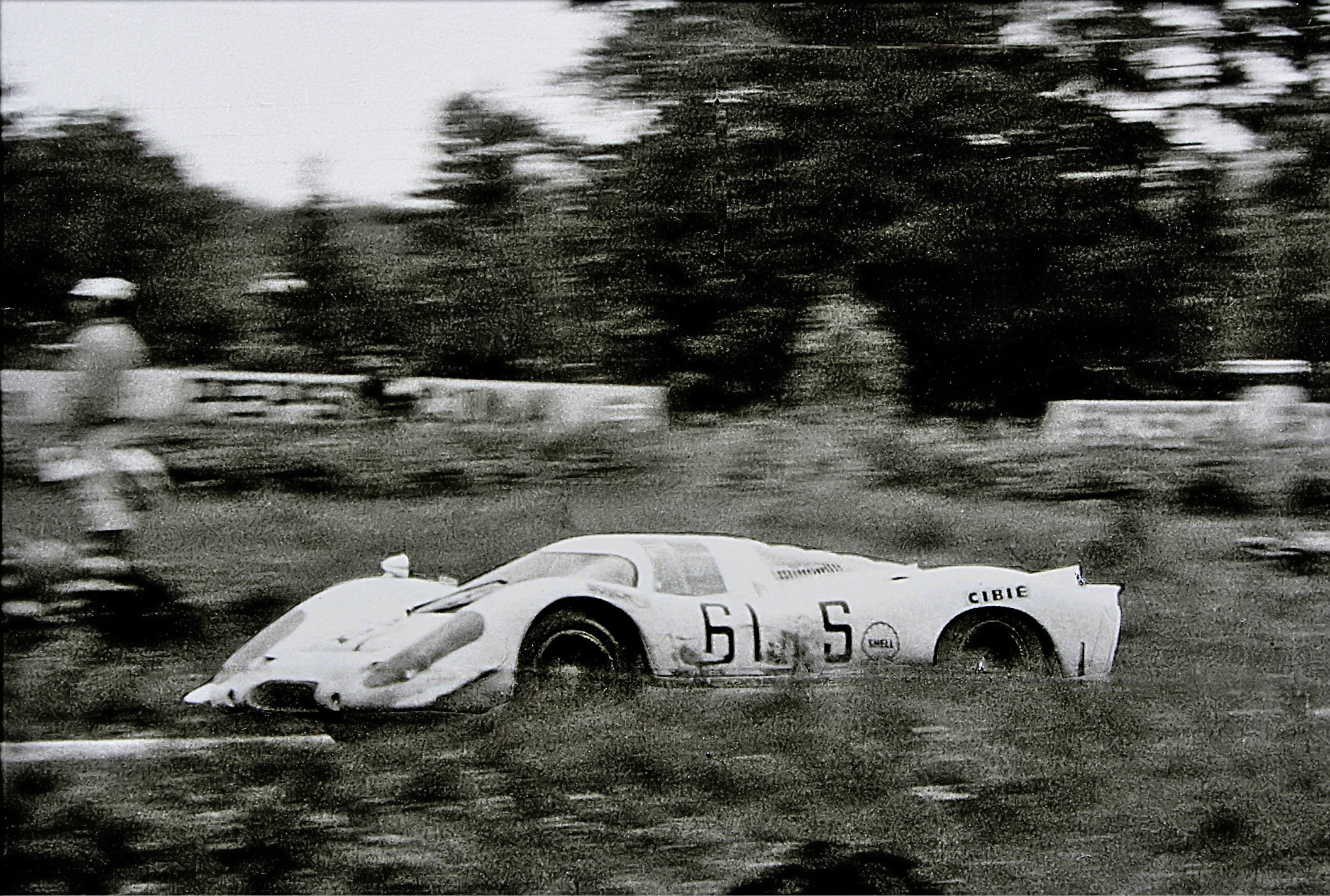
Pioneering Turbocharging in Motorsport
Mezger’s expertise extended to turbocharging technology, which he first applied to the 917/30 for the Can-Am racing series. The turbocharged 917/30 produced over 1,000 horsepower, demonstrating Mezger’s ability to push engineering boundaries. This experience laid the groundwork for the Porsche 911 Turbo (930), introducing race-proven turbocharging technology to road cars and setting a standard for high-performance vehicles.
Formula One Success with the TAG Turbo Engine
In the early 1980s, Mezger led the development of the TAG Turbo engine, a 1.5-litre V6 turbocharged powerplant commissioned by McLaren for their Formula One programme. The engine’s exceptional reliability and power helped McLaren dominate Formula One, securing three consecutive Drivers’ Championships (1984, 1985, and 1986) with Niki Lauda and Alain Prost at the wheel. Additionally, McLaren clinched two Constructors’ Championships (1984 and 1985), marking Porsche’s influence on the pinnacle of motorsport.
A Man That Was Liked and Admired By All
Throughout his career, Mezger worked closely with notable figures such as Ferdinand Pörsche and engineers within Porsche’s R&D division. His relationships with drivers, including Niki Lauda, contributed to a deep understanding of the practical demands of motorsport. These collaborations ensured that Mezger’s engines met the highest standards of performance and reliability.
Meticulous Engineering
Mezger was known for his meticulous attention to detail and his commitment to engineering excellence. He prioritised performance, reliability, and adaptability in his designs. His engines were not just powerful but also durable, embodying a philosophy of engineering that balanced innovation with practicality. For example, the “Mezger engine” found in high-performance 911s like the GT3 and GT3 RS was celebrated for its robustness and race-derived pedigree.
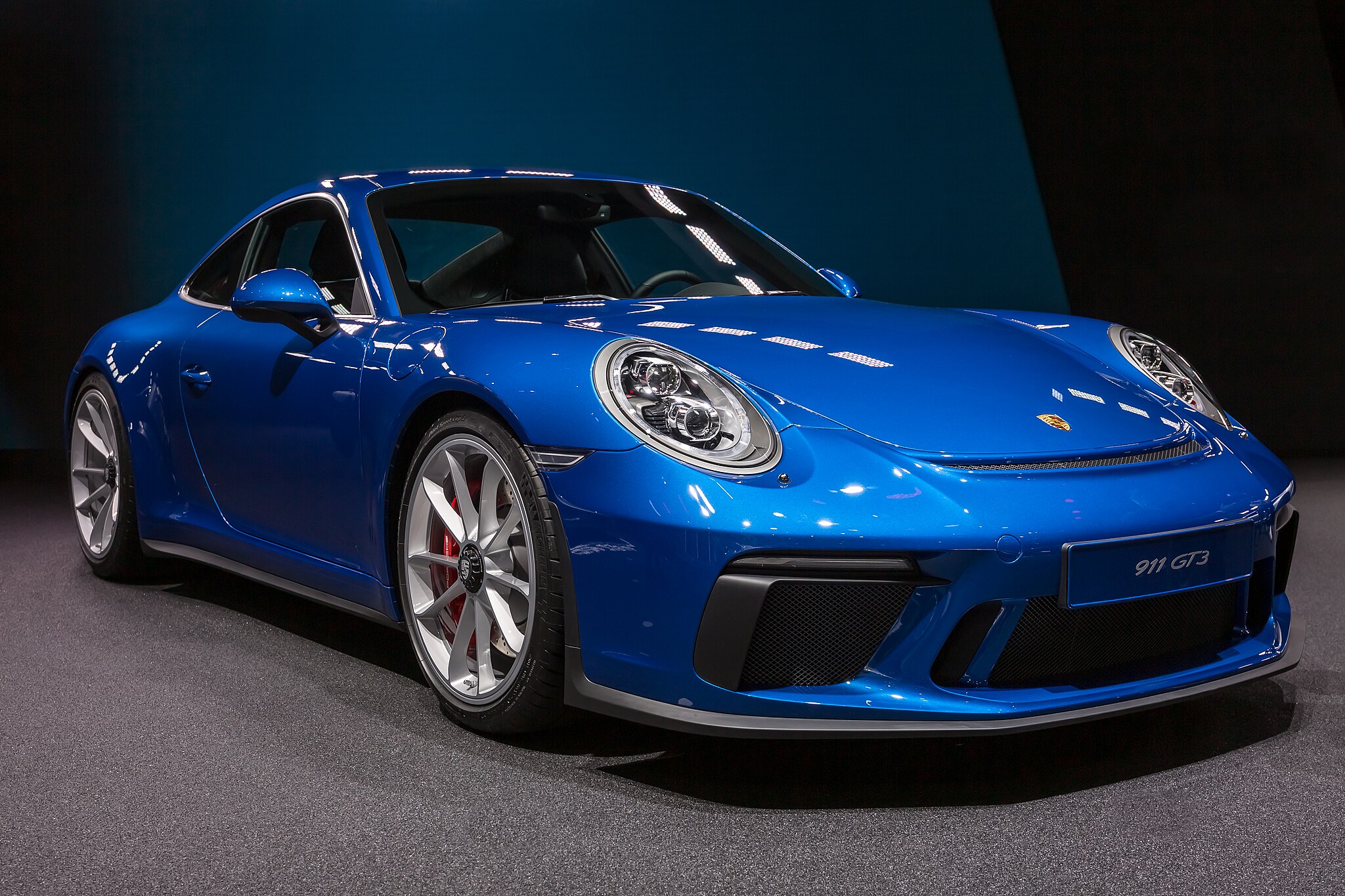
An Inspiration To Others
Hans Mezger’s engineering brilliance not only propelled Porsche to new heights but also inspired a generation of engine builders across the automotive industry. His innovative designs and engineering philosophies have been acknowledged and emulated by several notable figures:
- Paul Rosche: As BMW’s head of engine development, Rosche was instrumental in creating the turbocharged engines that powered BMW to success in Formula 1. Rosche’s work paralleled Mezger’s achievements with turbocharging technology, particularly in high-performance and racing applications.
- Gioachino Colombo: Known for designing Ferrari’s early V12 engines, Colombo’s emphasis on high-revving, naturally aspirated engines found resonance in Mezger’s work on Porsche’s flat-six engines. Both engineers shared a commitment to performance and innovation in engine design.
- Osamu Goto: As Honda’s chief engine designer during their dominant F1 years in the late 1980s and early 1990s, Goto’s work on turbocharged engines was influenced by the advancements made by contemporaries like Mezger. The cross-pollination of ideas in the F1 engineering community led to rapid technological progress.
Mezger’s legacy is also evident in the design principles adopted by modern engine builders who prioritise:
- Lightweight Construction: Mezger’s focus on reducing engine weight without compromising performance has been a guiding principle for engineers aiming to enhance vehicle dynamics.
- Durability and Reliability: The robustness of Mezger’s engines, capable of enduring the rigours of both racing and daily driving, set a benchmark for engine longevity.
- Scalability and Adaptability: Mezger’s designs allowed for modifications and improvements over time, a concept that modern engineers embrace to extend the lifecycle of engine platforms.
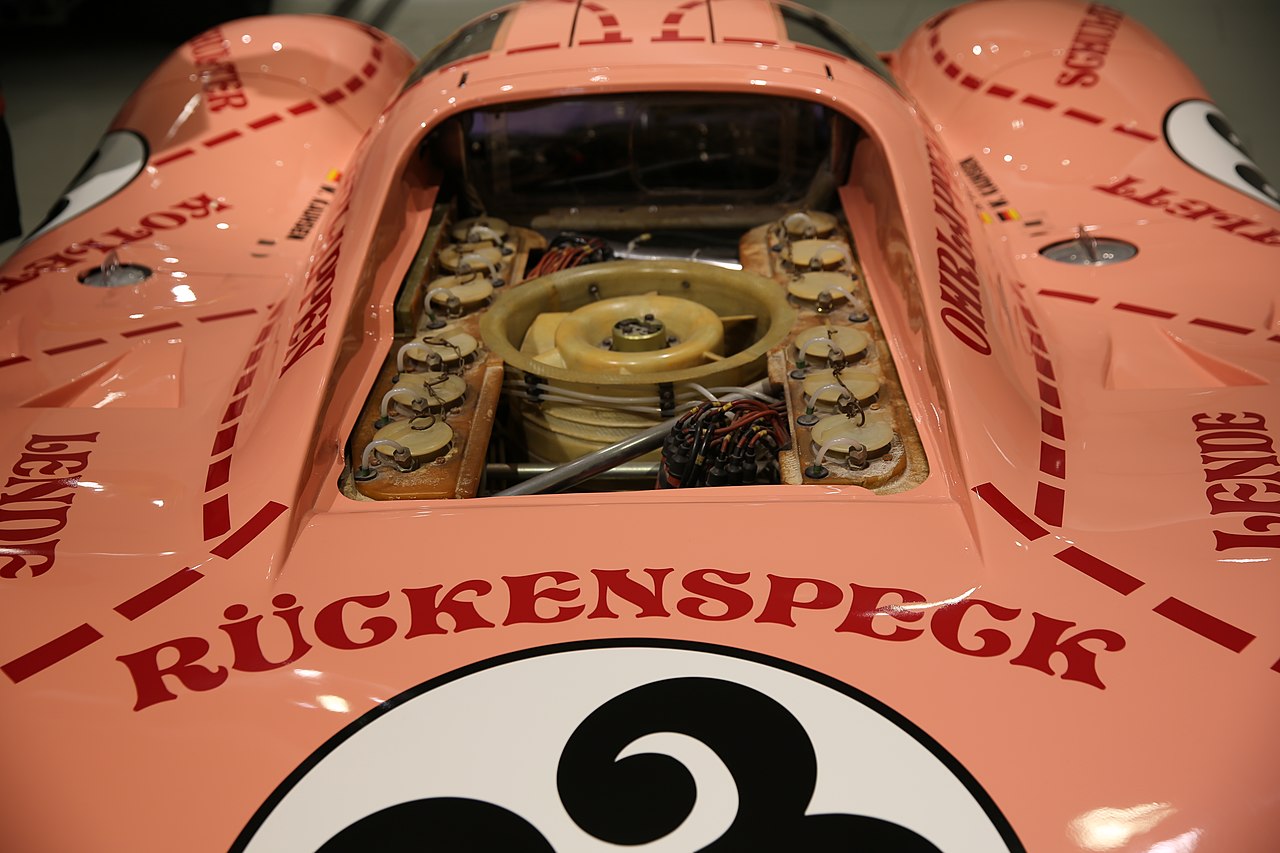
An Enduring Legacy
Mezger’s contributions have had a lasting impact on Porsche and the automotive industry as a whole. The “Mezger engine” has become a symbol of engineering excellence, with collectors and enthusiasts cherishing vehicles equipped with his designs. His work laid the foundation for modern performance engineering, influencing manufacturers beyond Porsche.
Mezger Culturel Lives On
Beyond his technical achievements, Mezger’s work has become a cultural touchstone for Porsche enthusiasts. Cars powered by his engines, such as the 917, 911 Turbo, and GT3, are celebrated at events and in private collections worldwide. His contributions have also inspired generations of engineers who strive to emulate his commitment to innovation and excellence.
Tributes and Awards
Hans Mezger received numerous accolades during his lifetime, recognising his unparalleled contributions to automotive engineering. Even after retiring in 1994, he remained an active ambassador for Porsche, engaging with enthusiasts and sharing his insights. Following his passing on 10 June 2020, tributes poured in from across the automotive world, highlighting his profound impact on motorsport and road cars alike.
The Last Word
Hans Mezger’s legacy is one of ingenuity, passion, and relentless pursuit of excellence. His engines powered some of the greatest cars in automotive history, and his influence continues to resonate within Porsche and beyond. For enthusiasts and engineers alike, Mezger remains a symbol of what is possible when innovation meets dedication.
Image Credit Hans Mezger Tom Schwede, http://1300ccm.de, CC BY-SA 3.0 DE,
Morio, CC BY-SA 3.0, Matti Blume, CC BY-SA 4.0, European2017, CC BY-SA 4.0, via Wikimedia Commons

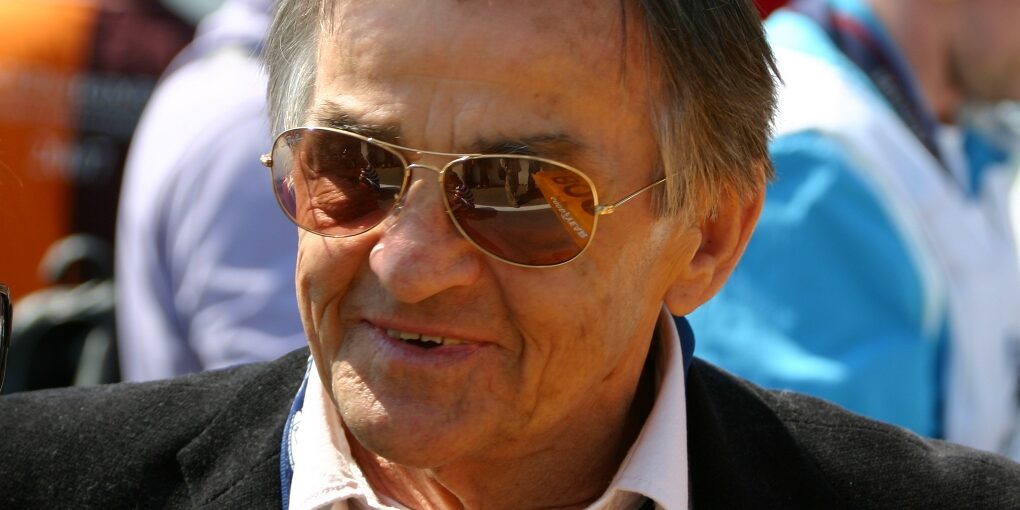
 Worried about carbon build-up or oil contamination? Book a
Worried about carbon build-up or oil contamination? Book a 




